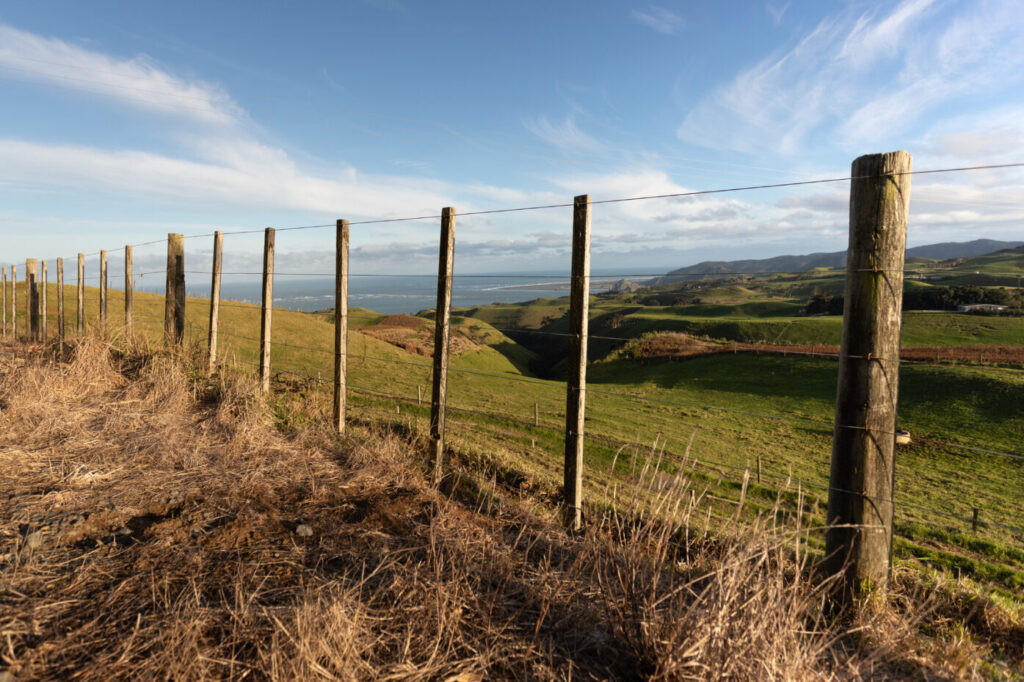Keep yourself and your family safe at home
Please follow our simple tips below to help keep yourself and your loved ones safe when working with or near electricity around your home.
Keep electrical appliances and extension cords well clear of water. Not only can water cause electrical appliances to rust or corrode, leading to malfunction or breakdown – an electrical device coming into contact with water can also create a pathway for the electricity to flow through the person using it.
Small children in the home? Help protect them from electrocution with safety caps. Use safety caps to cover unused electrical outlets, so that little hands are not able to insert objects into unused outlets.
Don’t overload multi-socket boards or put more than two plugs into a single plug point. In addition to causing power cuts and damage to devices, overloading power points can lead to electric shocks and fire hazards.
Keep an eye on the condition of your electrical cords and plugs. Using damaged or worn electrical cords or bent plugs can be dangerous. If you notice any damage, replace the item straight away.
Switch electrical appliances off before leaving home. Especially any heaters, your oven and stove. Ensuring there’s plenty of clear space around each of your appliances will further reduce your fire risk.
Look Up! Perform an overhead check of your surroundings before working near electricity to avoid you or your equipment coming into contact with any live wires or other electrical equipment that could be energised. If your project requires you to work near power lines, request our Safe Disconnect service. This disconnection and reconnection service is free during business hours. Read more.
Locate any underground cables before you dig. Underground cables can carry high voltages of electricity, and if damaged by a spade or excavator can cause serious injury or death. Additionally, you could be liable for the costs associated with repairing cables that you damage. Avoid the risk – utilise the free beforeUdig service before starting work.
Repair or replace any damaged equipment. This includes frayed, melted, or broken power cords.
Ensure your equipment is outdoors safe. Prior to taking anything electrical outside, ensure it has been designed for use outdoors. Remember also to use an isolating transformer or RCD (residual current device) when working outdoors.
Check before you cut any unruly trees or other vegetation encroaching on power lines. Trimming or felling trees around power lines is very dangerous and could result in electrocution or serious injury. While it’s ok to trim a tree that’s more than four meters away from overhead lines yourself, any part of a tree that’s within four meters of a power line must be, by law, trimmed by an approved arborist for everyone’s safety. Read more about trees near powerlines, including your responsibilities as a tree owner here.

